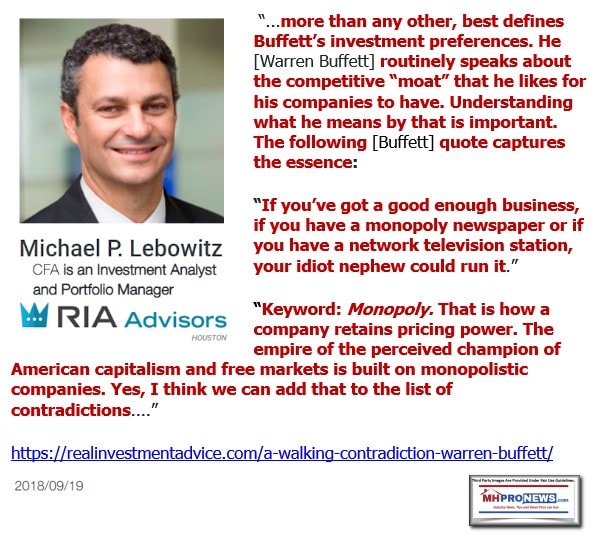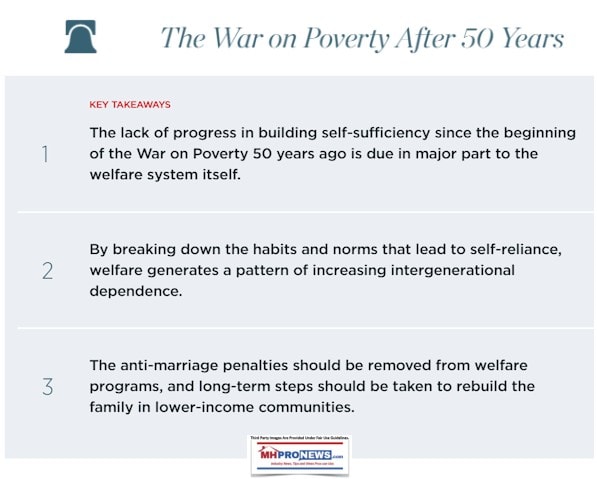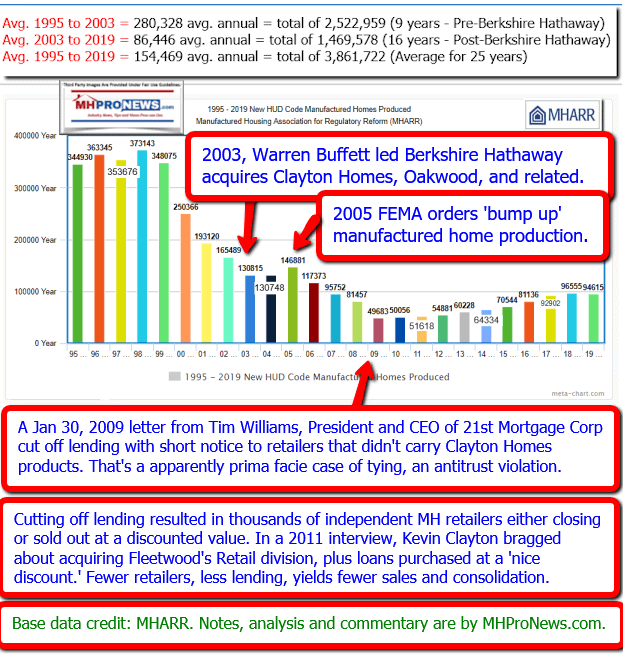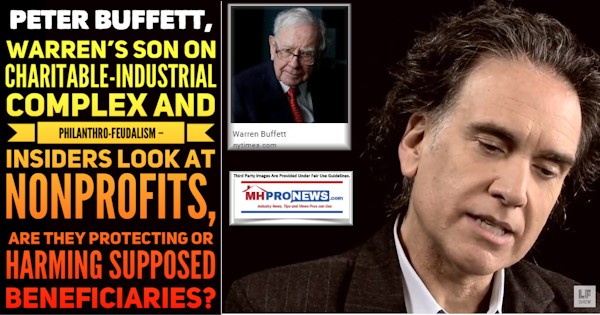
“As more lives and communities are destroyed by the system that creates vast amounts of wealth for the few, the more heroic it sounds to “give back.” It’s what I would call “conscience laundering” — feeling better about accumulating more than any one person could possibly need to live on by sprinkling a little around as an act of charity.”
– Peter Buffett,
son of Warren Buffett’s and the co-head of
Berkshire’s Buffett funded Novo Foundation.
“You cannot start an economy when ownership is in question.”
Chinery-Hesse,
in the Poverty, Inc. docudrama which can be streamed on Netflix.
“Having a heart for the poor isn’t hard.
Having a mind for the poor, that’s the challenge.”
Poverty, Inc.,
award-winning docudrama.
Berkshire Hathaway’s Chairman Warren Buffett’s son Peter Buffett says in the video below that the philanthropic industry “ought to be trying to put itself out of business,” but that in fact it is doing the opposite – it is “keeping itself alive” and growing in money and power. Put differently, by intent and/or chance, numbers of foundations are fostering the status quo while presenting a veer of respectability.
In setting the stage for what billionaire Warren son Peter had to say about the philanthropy industry, it is useful to see what others have said about the charitable sector topic in general or in commenting on what the Peter had to say specifically, both of which are cited herein.
In the video clip from the full-length feature documentary Poverty, Inc., Muhammad Yunus, Hernando De Soto, and Herman Chinery-Hesse examined the importance of the Rule of Law and Property Rights in development. When you listen carefully, you hear something that should make investors and business owners perk up. It is the certainty that the rule of law brings that encourages – or discourages – economic progress. That’s as true in the third-world as it is in the United States or the developed world.
Here in the United States, the rule of law has become a maze of competing legal, regulatory and political challenges. Here is what Kurt Kelley, J.D., said to MHProNews previously said about the importance of the topic.
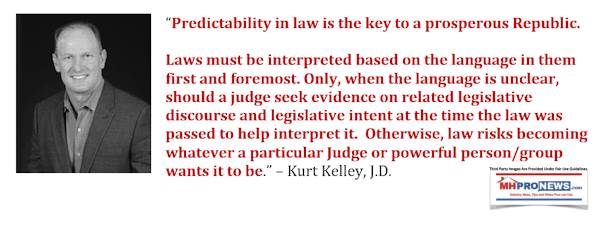
When politicians on both the left and the right say that the system is rigged, it should beg certain questions. For instance, how is the system rigged? In the case of nonprofits and philanthropy, is the system doing what millions think it is?
In the Poverty, Inc. documentary video which can be streamed on Netflix, John Rucyahana, Anglican Bishop Rawanda, said that “They make you a slave, an economic slave.”
He also said, “The ruling elites have monopolized political power.”
Really?
Let’s look further before diving into Peter Buffett’s often cited op-ed in the New York Times.
Writing in Quartz, William MacAskill cited Peter Buffett’s op-ed in a message thread with Warren’s son. In that exchanged, which was published in part on Quartz, MacAskill – who is the cofounder of 80,000 Hours and author of Doing Good Better, made the following points.

- “Charity is often used for “greenwashing”—a marketing trick to make unethical companies or people look better–rather than to actually do good.
- Even those philanthropists who are trying to help often engage in attempts to help in areas that they know very little about, and this can sometimes cause harm.
- It is plausible that the best ways of making the world a better place involve “systemic” change — changes to the law, to policy, or to deep-rooted social norms.”
MacAskill said he disagrees with the following that Buffett wrote, but detail-minded MHProNews readers might take exception to MacAskill and side with Peter Buffett’s point.
- “[Philanthropy] just keeps the existing structure of inequality in place.”
MacAskill goes on to say nuance and clarify his point about Peter Buffett argument cited above.
“I agree that much charitable giving does little good, or can even be harmful. In such cases, promoting it is not a good thing, and the negative effects of cementing unjust systems, if that is a negative effect, would make it net bad. However, I think that well-targeted charitable giving or aid can do a tremendous amount of good.”
MacAskill, whittling or not, is making a point that the Poverty Inc docudrama raised. The big mutli-billion dollar business of charities can be harmful, while some does little good.
Interviewer Laura Flanders’ said she calls the Charitable Industrial Complex “Philanthro-Feudalism”
OP-ED CONTRIBUTOR
The Charitable-Industrial Complex
By Peter Buffett
- July 26, 2013

Early on in our philanthropic journey, my wife and I became aware of something I started to call Philanthropic Colonialism. I noticed that a donor had the urge to “save the day” in some fashion. People (including me) who had very little knowledge of a particular place would think that they could solve a local problem. Whether it involved farming methods, education practices, job training or business development, over and over I would hear people discuss transplanting what worked in one setting directly into another with little regard for culture, geography or societal norms.
Often the results of our decisions had unintended consequences; distributing condoms to stop the spread of AIDS in a brothel area ended up creating a higher price for unprotected sex.
But now I think something even more damaging is going on.
Because of who my father is, I’ve been able to occupy some seats I never expected to sit in. Inside any important philanthropy meeting, you witness heads of state meeting with investment managers and corporate leaders. All are searching for answers with their right hand to problems that others in the room have created with their left. There are plenty of statistics that tell us that inequality is continually rising. At the same time, according to the Urban Institute, the nonprofit sector has been steadily growing. Between 2001 and 2011, the number of nonprofits increased 25 percent. Their growth rate now exceeds that of both the business and government sectors. It’s a massive business, with approximately $316 billion given away in 2012 in the United States alone and more than 9.4 million employed.
Philanthropy has become the “it” vehicle to level the playing field and has generated a growing number of gatherings, workshops and affinity groups.
As more lives and communities are destroyed by the system that creates vast amounts of wealth for the few, the more heroic it sounds to “give back.” It’s what I would call “conscience laundering” — feeling better about accumulating more than any one person could possibly need to live on by sprinkling a little around as an act of charity.
But this just keeps the existing structure of inequality in place. The rich sleep better at night, while others get just enough to keep the pot from boiling over. Nearly every time someone feels better by doing good, on the other side of the world (or street), someone else is further locked into a system that will not allow the true flourishing of his or her nature or the opportunity to live a joyful and fulfilled life.
And with more business-minded folks getting into the act, business principles are trumpeted as an important element to add to the philanthropic sector. I now hear people ask, “what’s the R.O.I.?” when it comes to alleviating human suffering, as if return on investment were the only measure of success. Microlending and financial literacy (now I’m going to upset people who are wonderful folks and a few dear friends) — what is this really about? People will certainly learn how to integrate into our system of debt and repayment with interest. People will rise above making $2 a day to enter our world of goods and services so they can buy more. But doesn’t all this just feed the beast?
I’m really not calling for an end to capitalism; I’m calling for humanism.
Often I hear people say, “if only they had what we have” (clean water, access to health products and free markets, better education, safer living conditions). Yes, these are all important. But no “charitable” (I hate that word) intervention can solve any of these issues. It can only kick the can down the road.
My wife and I know we don’t have the answers, but we do know how to listen. As we learn, we will continue to support conditions for systemic change.
It’s time for a new operating system. Not a 2.0 or a 3.0, but something built from the ground up. New code.
What we have is a crisis of imagination. Albert Einstein said that you cannot solve a problem with the same mind-set that created it. Foundation dollars should be the best “risk capital” out there.
There are people working hard at showing examples of other ways to live in a functioning society that truly creates greater prosperity for all (and I don’t mean more people getting to have more stuff).
Money should be spent trying out concepts that shatter current structures and systems that have turned much of the world into one vast market. Is progress really Wi-Fi on every street corner? No. It’s when no 13-year-old

girl on the planet gets sold for sex. But as long as most folks are patting themselves on the back for charitable acts, we’ve got a perpetual poverty machine.
It’s an old story; we really need a new one.
###
The video clip above was taken from this ‘fuller length’ video interview below. It is revealing.
“You can’t get to the truth as easily because the money creates this dynamic that is really disastrous for real learning.” – Peter Buffett in the longer interview video above. “The money [is] not creating an honest dialogue.”
He describes the feeling of “Why aren’t things getting better? Instead of just keeping all of these things locked in place.”
“You have people with vast amounts of money controlling government too. So you have this thing that circles around…” said Peter.
Laura Flanders’ says during the interview that “Philanthropists today want to not pay taxes, shelter their money [using these nonprofits], but then control government through campaign contributions.” Buffett replies, “Yeah, it’s a mess.” “It’s, it’s distorted beyond belief, we all know that. The question is how do you correct those distortions.”
Wittingly or not, Flanders near the end of the video undermines much of the claims of numbers of progressives by saying that tax and governmental policies are prevent the very developments and investments that are needed to lift people out of poverty. She mentions housing in that mix. Peter replies to her points, “Right, right.”
“Something big has got to happen…we have to shift in a big way” to shake up the current systemic issues, Peter said.
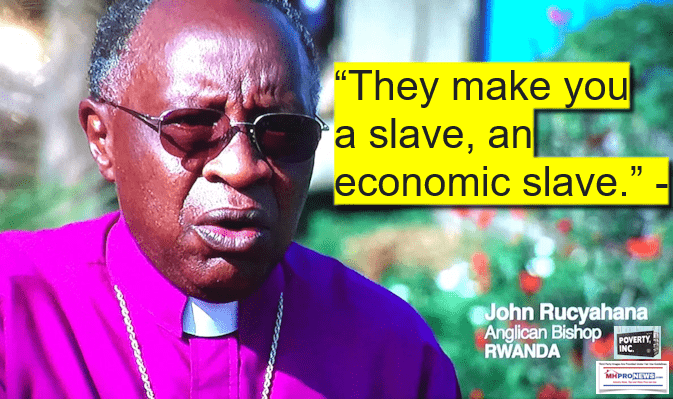
MHProNews Analysis and Commentary
As a disclaimer, this writer claims no particular expertise on Peter Buffett, beyond the insights gleaned from his own words and that of others on the similar topic of foundations and their ‘charitable’ giving.
By contrast, there are other platforms that for some years have followed the nuances, cross currents, interlocking directorates, fluid or revolving doors that connect the world of big-donor funded influence peddling. There are strategies that several of these nonprofits employ. At times, they are arguably mimicked by parts of academia – where again, there are numerous touch-points and parallelism in terms of funding and endowments.
New and long-time readers of MHProNews and MHLivingNews are reminded of the part of the discussion with Kevin Clayton in the video interview and transcript found in the report linked below. A chunk of that interview was devoted to nonprofits and charitable efforts.

MHProNews has for several years been documenting how Warren Buffett funded the Novo Foundation, which his son Peter and his wife run. The Novo Foundation in turn makes grants, which include the Tides nonprofit. The single largest donor for several years of the Tides was the Novo Foundation. The Tides in turn are the apparent funding source for MHAction, which in turn has repeatedly attacked various aspects of what they say is vulture capitalist and problematic corporate behavior in manufactured housing.
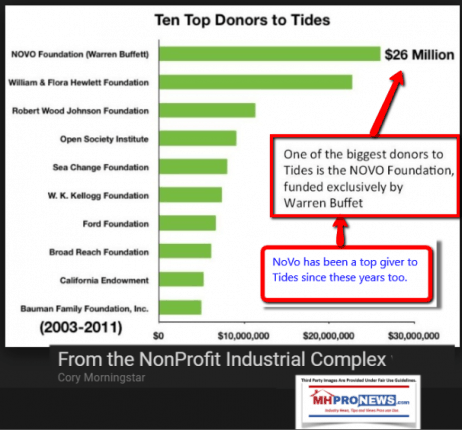
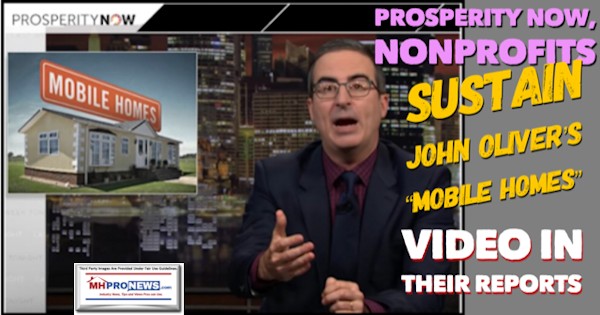
It must be grasped that bigger companies can survive – and perhaps even thrive – in the wake of bad news. BP has done so in the wake of their great black eye that came from their Gulf oil spill, as one non-manufactured housing example. Another instance is how VW has weathered the storm of their diesel gate scandal. They are one of the largest automakers in the world.
So, as one ponders the history of Clayton Homes, they have moved from one controversy to another, starting with Warren Buffett’s buyout.
It is the opposite of what Buffett has said he wants a company to do.
But that only serves to make the point that the author we recently quoted below made.
Namely, that Buffett is known at times to say one thing, but do or seemingly mean another.
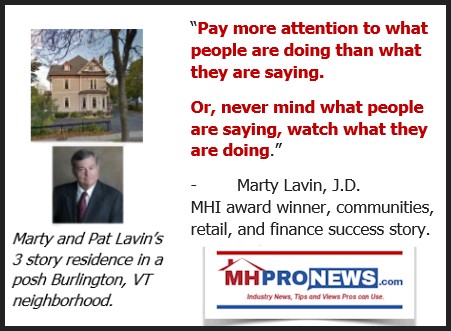
Warren Buffett’s money has funded several arguably problematic activities that have undermined manufactured housing’s image as well as have cut away at some of the traditional moral values of America. His own son Peter famously spotlighted the concerns he had.
It is perhaps dimly akin to MHI’s former president and CEO, Chris Stinebert who politely ripped his former trade group on one of several levels.

During this time when numbers of the industry’s professionals and investors are limited in their ability to work or travel outside of their residence, this is a good time to dig more deeply into and understand the various ways that manufactured housing has been undermined from forces that one would normally think are ‘within’ the and ‘for’ the industry.
Is it all just posturing and stagecraft to make the uber rich escape the pitchforks that billionaire Nick Hanauer warned against?

Decades of the War on Poverty has not moved the needle much. Tens of trillions of dollars were spent on that process, per the Heritage Foundation.
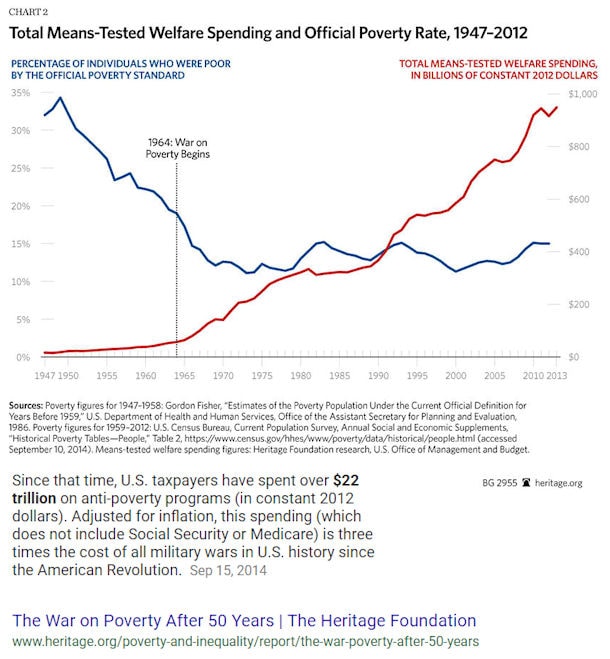
Decades of big money have poured into foundations like Buffett’s. What has he said about it?
“Why aren’t things getting better? Instead of just keeping all of these things locked in place.” – Peter Buffett.

The industry has been underperforming for years. Why would it be so unless the powers that be wanted it that way, so they could consolidate more of the industry at a discounted valuation?
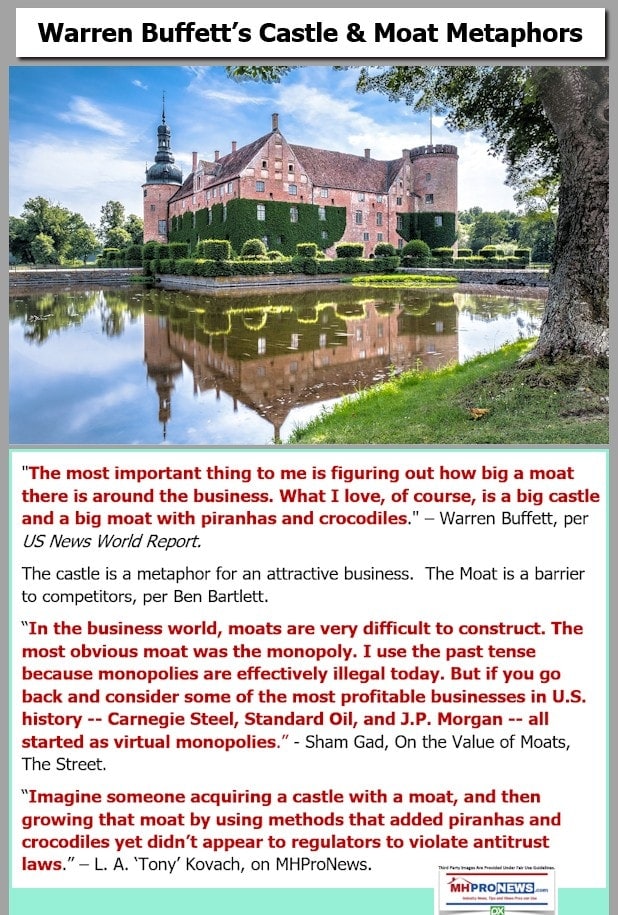
There are other Berkshire Hathaway, Clayton Homes, Bill Gates, and more manufactured home specific related developments that will be part of upcoming reports. But that’s a wrap on this installment of manufactured home “Industry News Tips and Views Pros Can Use” © where “We Provide, You Decide.” © (Affordable housing, manufactured homes, reports, fact-checks, analysis, and commentary. Third-party images or content are provided under fair use guidelines for media.) (See Related Reports, further below. Text/image boxes often are hot-linked to other reports that can be access by clicking on them.)

By L.A. “Tony” Kovach – for MHLivingNews.com.
Tony earned a journalism scholarship and earned numerous awards in history and in manufactured housing. For example, he earned the prestigious Lottinville Award in history from the University of Oklahoma, where he studied history and business management. He’s a managing member and co-founder of LifeStyle Factory Homes, LLC, the parent company to MHProNews, and MHLivingNews.com. This article reflects the LLC’s and/or the writer’s position, and may or may not reflect the views of sponsors or supporters.
Connect on LinkedIn: http://www.linkedin.com/in/latonykovach
Related References:
The text/image boxes below are linked to other reports, which can be accessed by clicking on them.
Are Manufactured Housing Supply Chains in China Threatened by Coronavirus?








